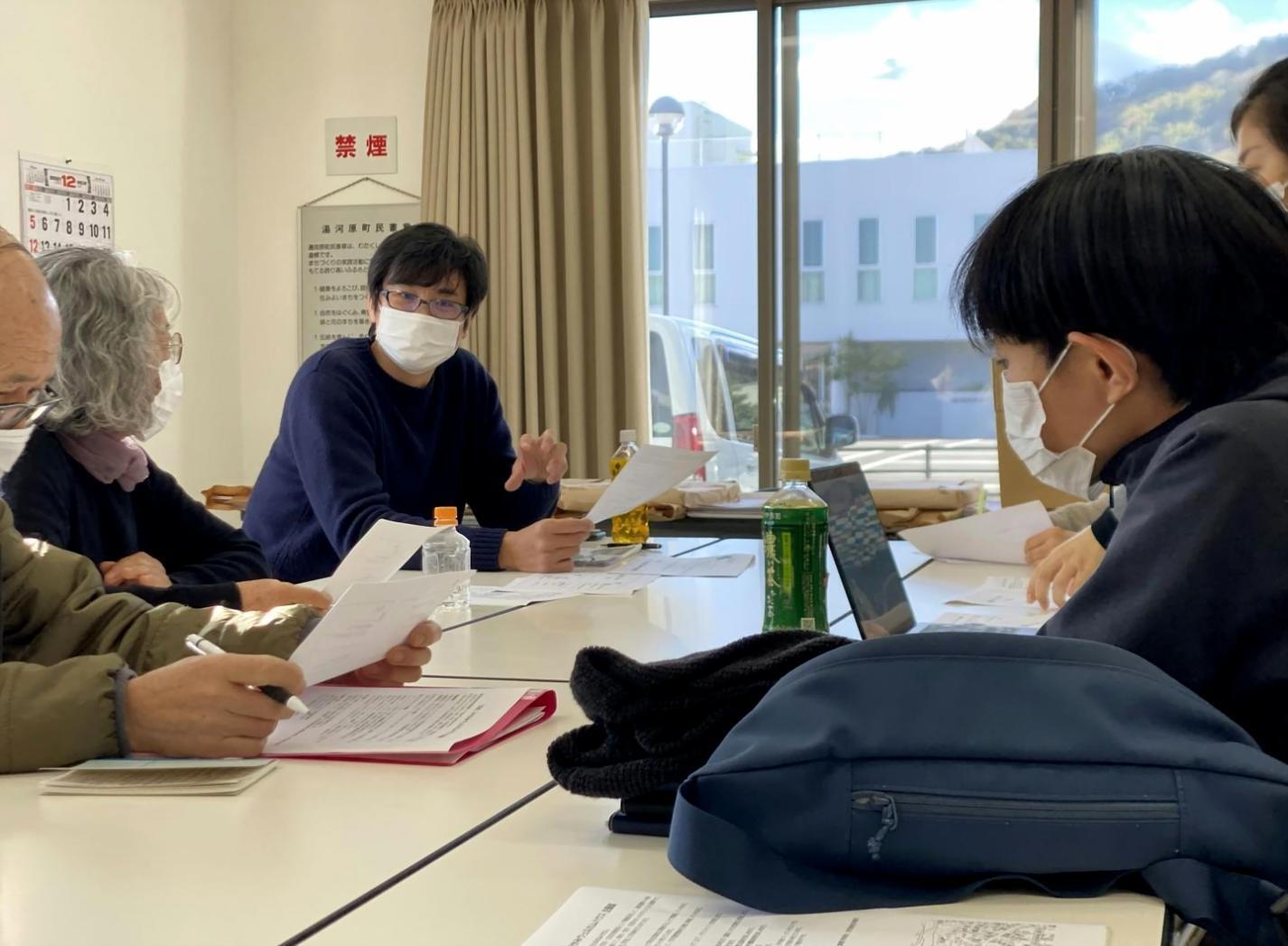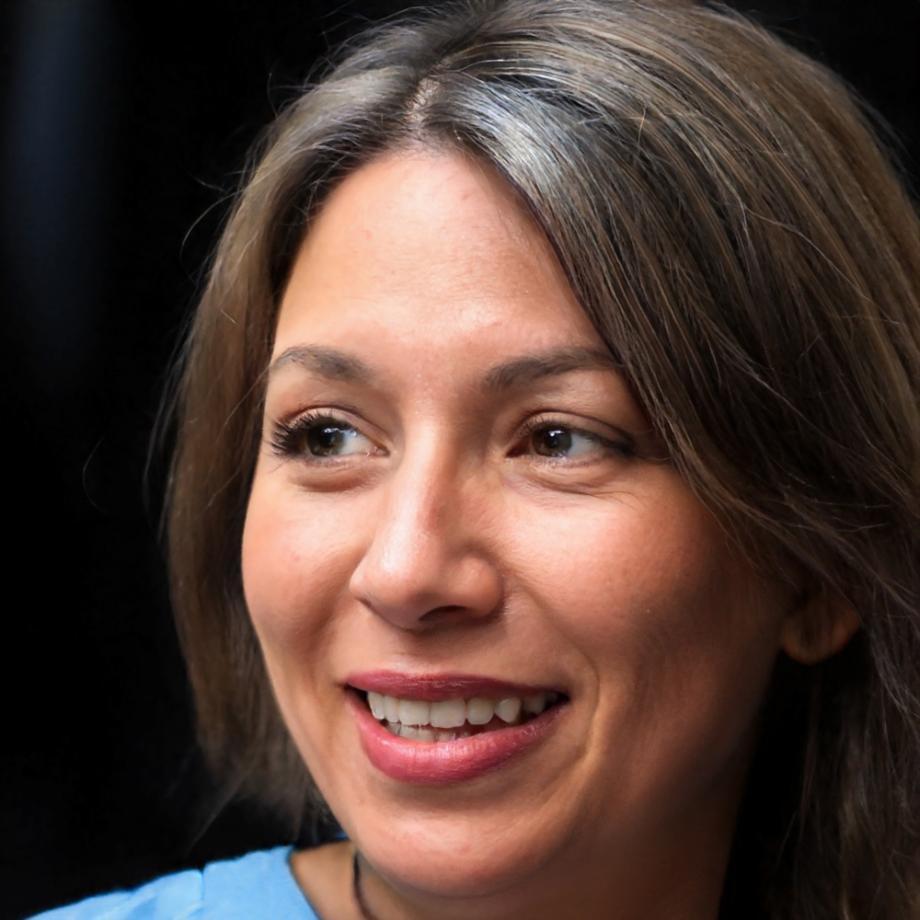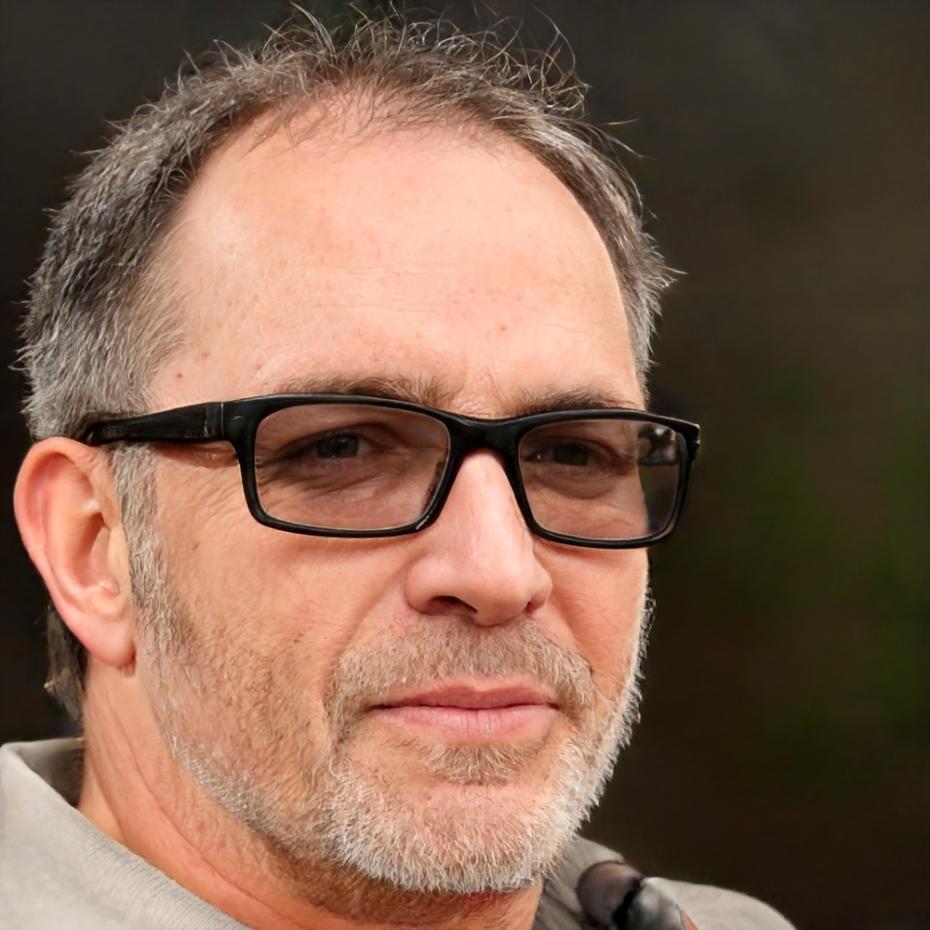Smart Budgeting Mastery Program
A structured six-month curriculum starting September 2025 that walks you through personal finance fundamentals, practical budgeting systems, and sustainable money habits—designed for people who want real financial clarity without the overwhelm.
Your Learning Journey
We break down complex financial concepts into manageable weekly modules. Each phase builds on the previous one, so you develop confidence gradually rather than feeling buried under information.
Financial Foundations
Weeks 1-4Start with the basics—understanding where your money goes, identifying spending patterns, and setting up tracking systems that actually work for your lifestyle. We cover income analysis, expense categorization, and realistic goal-setting.
Budget Design
Weeks 5-10Learn to create budgets that fit your actual life. This phase focuses on different budgeting methods—from zero-based to envelope systems—and helps you find what feels sustainable rather than restrictive.
Habit Building
Weeks 11-16The hardest part isn't creating a budget—it's sticking with it. We focus on behavioral patterns, identifying triggers for overspending, and building routines that support your financial goals without constant willpower.
Emergency Planning
Weeks 17-20Build systems for handling unexpected expenses and financial disruptions. This module covers emergency fund strategies, contingency planning, and adapting your budget when life throws surprises your way.
Optimization Techniques
Weeks 21-23Once your foundation is solid, we explore ways to improve efficiency—reducing unnecessary expenses, negotiating bills, and finding opportunities to redirect money toward your priorities.
Long-Term Maintenance
Weeks 24-26The final phase prepares you to sustain these practices independently. Review cycles, seasonal adjustments, annual planning, and knowing when to revisit your system as your life circumstances change.

What Participants Typically Experience
These numbers come from tracking participant progress through our 2024 cohorts. Results vary based on starting points and individual commitment, but they give you a sense of realistic outcomes.
Meet Your Program Guides

Marcus Chen
Lead Financial EducatorSpent eight years helping families navigate financial stress before developing this curriculum. Marcus focuses on making finance accessible without dumbing it down—his background in behavioral psychology shapes how we structure learning paths.

Diana Kowalski
Budget Systems SpecialistDiana brings practical experience from working with over 300 individuals on budget implementation. She's particularly good at troubleshooting when systems break down and helping people find what actually works for their routines.

Tomas Rivera
Financial Habit CoachTomas works with participants who struggle with consistency. His coaching approach combines accountability with realistic expectation-setting—he's seen enough failed budgets to know what makes people give up and how to prevent it.
September 2025 Cohort Opens May 15th
Our next intake runs September through February 2026. Class size stays under 35 participants to maintain quality interaction and personalized feedback during live sessions.
Early registration discount available until June 30th, 2025
Program Details
How Assessment Works
We track progress through practical application rather than theoretical tests. You'll submit budget examples, participate in peer reviews, and complete reflection exercises that show understanding.
Each module includes a checkpoint where you demonstrate the concept in your own financial context. By the end, you'll have a complete budgeting system that's already working for you—not just theoretical knowledge.
Final assessment involves presenting your six-month financial transformation to a small group. It's less about perfection and more about showing you can analyze, adapt, and maintain your system going forward.
